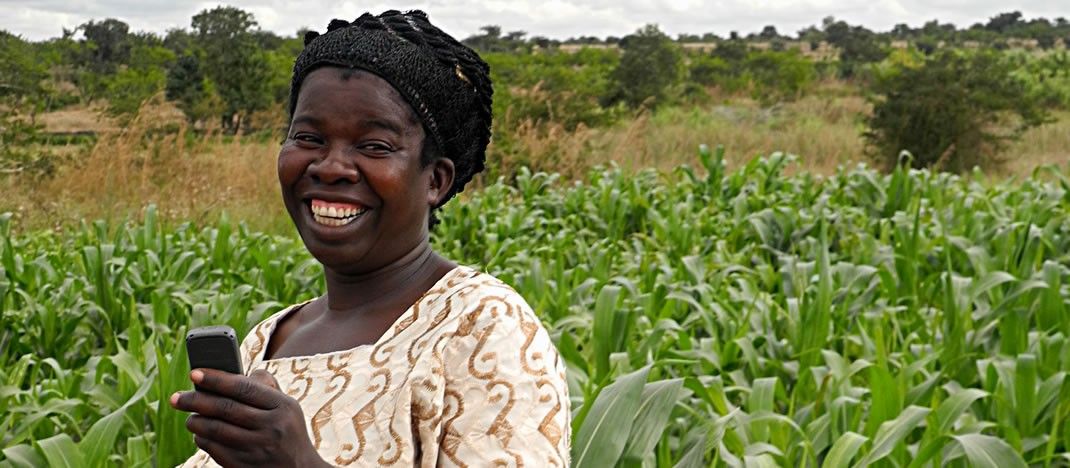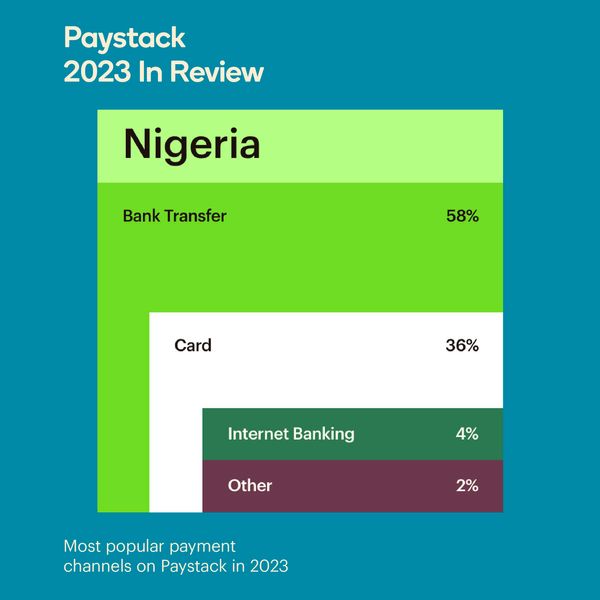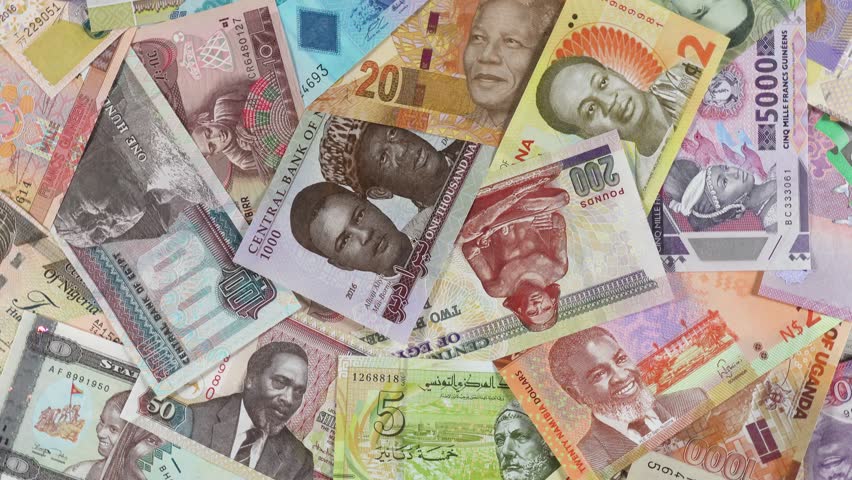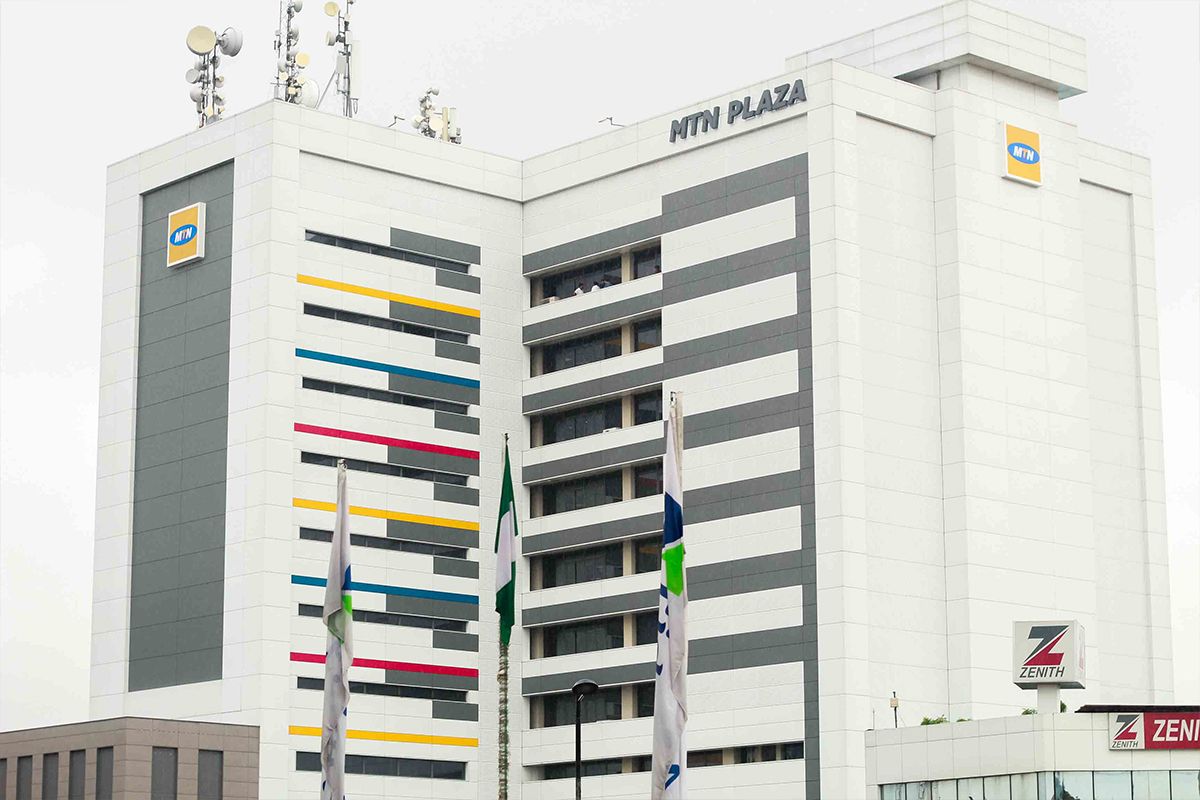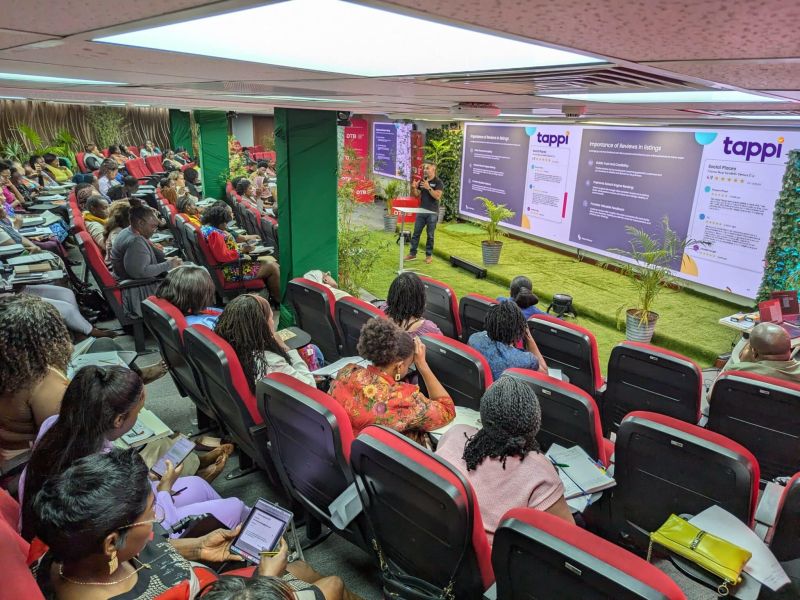The framework regulates the activities of all stakeholders in the mobile money ecosystem. This framework comes on the heels of the EFInA Access to Financial Services in Nigeria survey, 2020, which cites that 55% of adult Nigerian are unbanked (more than one in two Nigerians do not have a bank account today).
Other African countries such as Kenya, Rwanda, and neighbouring Cameroon have leveraged mobile money to close the financial inclusion gap, as seen in the image below.
In the last six months, the apex bank announced policy guidelines that directly impact the financial services landscape in Nigeria. Notably, the draft Regulatory Framework for Open Banking in Nigeria.
Key Mobile Money Operators include Paga, OPay, PalmPay, and FirstMonie.

What is new about the updated mobile money framework:
- MoMo operators can recruit and manage agents and engage in other activities that the CBN permits. (Note that non-operators can acquire a super agent license).
- MoMo operators cannot grant loans, advances and guarantees.
- MoMo operators cannot accept foreign currency deposits or deal in the foreign exchange market. However, they can sell foreign currencies from inbound cross-border remittances to authorised forex dealers.
- Unlike other markets, including Ghana, users can not convert airtime into cash on a MoMo wallet.
In addition, the new guideline reiterates that the telcos (MTN, Airtel, 9mobile and Glo) cannot operate a mobile money service in Nigeria but can apply for a payment service bank licence. Note that only 9mobile and Glo has received a PSB licence in Nigeria.
The regulatory framework reads as thus: “The CBN recognises the importance of Mobile Network Operators (MNOs) in the operations of mobile money services and appreciates the criticality of the infrastructure they provide.
“However, the telco-led model (where the lead initiator is an MNO) shall not be operational in Nigeria.” CBN
Market Implications of the updated regulation
- The new guideline aims to protect banks from direct competition with Mobile Money Operators. Recall that the Payment Service Bank(PSB) guideline also prohibits PSBs from lending.
- Banking the unbanked through mobile money services would enable users to access financial records for accessing loans. However, the guideline prohibits operators from any lending activity, directly or indirectly. It is expected that the regulator will make MoMo operators a key participant in the upcoming final open banking framework. Open banking will enable banks, particularly microfinance banks, to access the users’ MoMo records for lending purposes.
- Given that banks shy away from lending to MSMEs, the guidelines do not favour MSMEs. The new CBN recapitalisation requirement will shrink the MFB sector in the coming months. Anticipated M&A, as well as outright business closure in the MFB industry, will reduce the loan access points available to MSMEs. The first phase of recapitalisation implementation led to the decrease in MFBs by 23% from 911 MFBs in 2019 to 704 in 2020.


